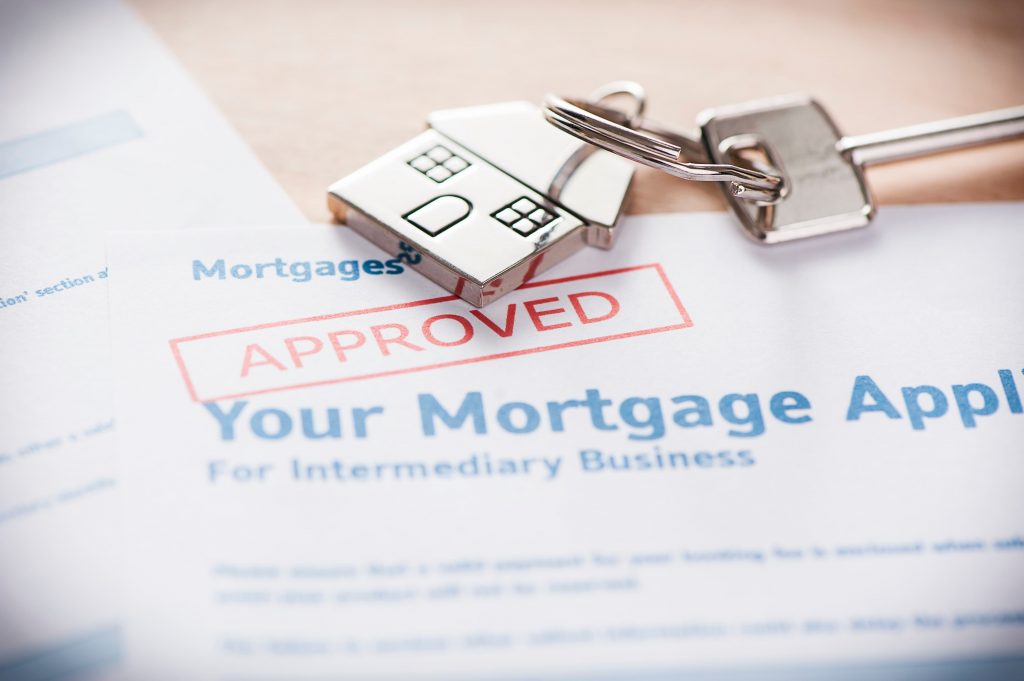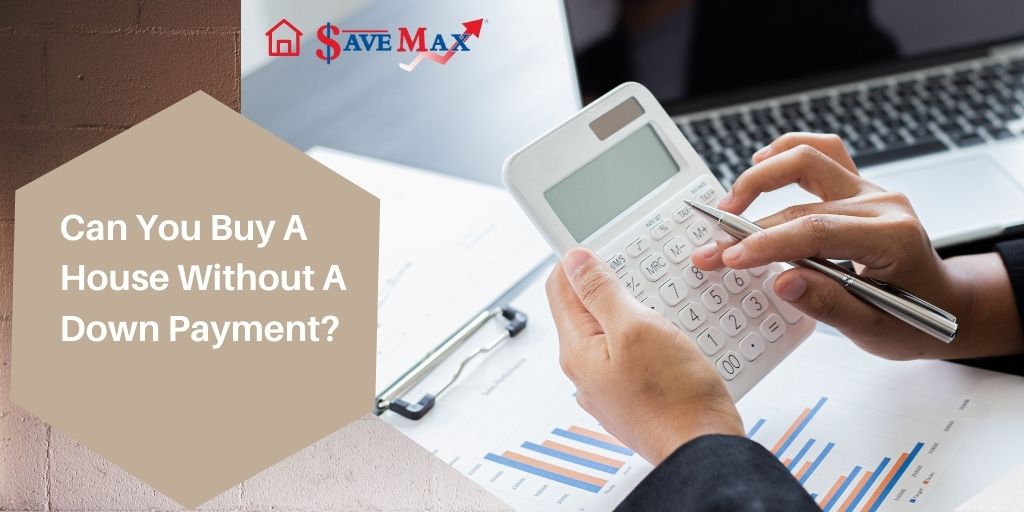Easy Guide to Deposits, Down Payments and Other Mortgage Terms
There is something about the word “mortgage” that sends a shiver down the spine of homeowners, especially first-time homebuyers. This is even though it is a vital part of the property-buying process. In fact, it is safe to say that many investors may not even realize their dreams of owning a home if mortgages were not in the picture.
While we cannot take away the necessity of mortgages, understanding more about these financial instruments can go a long way toward reducing stress. And, of course, the more knowledge you have about the sector’s jargon and procedures, the better chances you have of getting the best mortgage for you.
Let us take a look at the key mortgage terms and various types of mortgages in the Canadian real estate market. This will equip you with the knowledge to make informed decisions, especially when you decide to look at houses for sale in Mississauga.

Table of Content
- 1 Terms Commonly Used in the Mortgage Sector
- 1.1 Amortization Period:
- 1.2 Closing Costs:
- 1.3 Down Payment:
- 1.4 Equity:
- 1.5 Fixed-Rate Mortgage:
- 1.6 Interest:
- 1.7 Loan-to-Value:
- 1.8 Mortgage Broker:
- 1.9 Mortgage Calculator:
- 1.10 Mortgage Insurance:
- 1.11 Mortgage Rate:
- 1.12 Payment Schedule:
- 1.13 Pre-Approval:
- 1.14 Principal:
- 1.15 Refinancing:
- 1.16 Term:
- 1.17 Variable-Rate Mortgage:
- 2 How Do Deposits Differ from Down Payments?
- 3 Finding the Right Mortgage Lender in Canada
Terms Commonly Used in the Mortgage Sector
Before we discuss the terms mortgages, let’s define them.
In its simplest form, a mortgage is money borrowed from a bank or lender to buy property, usually a house. The borrower must pay back the money, plus interest, in regular installments over a fixed term.
Here’s a list of the terms that you will commonly come across when you start discussing mortgages.
Amortization Period:
This is the time period it will take a borrower to fully pay off their mortgage.
In Canada, this period generally ranges from 25 to 30 years, during which you make regular payments – these include both the principal and interest.
Closing Costs:
These are the fees and expenses you need to pay when finalizing the purchase of a home. In most Canadian provinces, it is the buyer’s responsibility. These costs are over and above the down payment, and since they can add up to several thousand dollars, do ensure that they are included in your budget.
Closing costs can go upto 4% of the price and include legal fees, land transfer taxes, title insurance, and inspection fees.
Down Payment:
The lumpsum money you pay upfront when buying a home is called a downpayment.
It is usually expressed as a percentage of the purchase price.
The minimum required down payment is 5% for homes priced up to $500,000 and higher for more expensive homes. If you can manage it, a 20% down payment is a good start to your homeownership journey.
While a larger down payment can mean lower monthly payments and better mortgage terms, it’s not always the best financial decision, especially if it cleans out your emergency savings or other investment funds.
Equity:
Equity is one of the advantages of investing in a property of your own. It is a strong boost to your credit score.
Home equity is defined as the difference between the market value of your home and the remaining balance on your mortgage. Use our home worth calculator to help you get an estimate of your home value.
For example, if your home is worth $500,000 and you owe $150,000 on your mortgage, you have $350,000 in equity.
Fixed-Rate Mortgage:
This is one of the most popular types of mortgages. A fixed-rate mortgage is when the interest rate remains the same throughout the entire term.
Since the payments are stable throughout the term, this type of mortgage is preferred by those who like consistency in their budgeting.
Interest:
The cost of borrowing the principal amount from the lender, this amount is in addition to the money that you borrowed.
It is calculated as a percentage of the loan amount. Interest rates are fixed or variable, and determine the type of mortgage.
A lower interest rate is not always the best criterion for your decisions. You should also consider the overall mortgage terms, fees, and features to ensure the best fit for your needs.
Loan-to-Value:
Loan-to-Value, or LTV, is a percentage that represents the ratio between the amount that your bank lends to you and the price of the property you want to buy. The highest allowable LTV mortgage ratio in Canada is 95%.
It can also be expressed as the inverse of the downpayment. For example, if you pay a 15% downpayment, your LTV is 85%. Having a low LTV of about 60% or below can help you get some of the best mortgage deals.
Mortgage Broker:
A much-needed professional who helps a homebuyer find and qualify for a mortgage with lenders. Think of them as your personal shopper for mortgages.
Brokers can provide access to several mortgage products and lenders, potentially securing better rates or terms than you might find on your own. Though their fees may seem steep, their services can save you money in the long run.
Mortgage Calculator:
A simple online tool, a mortgage payment calculator, helps you calculate the monthly payment of a home loan.
This is a great way to crunch some complicated numbers and get a ballpark estimate of your monthly payment, helping you set up a realistic budget.
Mortgage Insurance:
Specific insurance that is in place for the lender’s protection if you default on your mortgage, provided by the Canada Mortgage and Housing Corporation (CMHC).
In Canada, this is usually mandatory if your down payment is less than 20% of the home’s purchase price.
Mortgage Rate:
This is the interest rate charged on your mortgage, which qualifies whether the mortgage is fixed or variable.
It can be fixed, meaning it stays the same for the term, or variable, meaning it can change based on the prime lending rate. Of course, both types have their pros and cons, and it is up to you to choose the best option for your needs.
Payment Schedule:
The agreed-upon frequency with which you make your mortgage payments.
Common schedules include monthly, bi-weekly, or weekly payments. Choose the one that is most handy for you, as this can affect the total interest paid over the life of the mortgage.
Pre-Approval:
A straightforward method of setting limits for your house-buying budget, which has the added benefit of making the process easier.
Here, a potential lender assesses your financial situation, including your income, debts, and credit score, to determine how much you can borrow. This provides you with a clear budget for house hunting and can make you a more attractive buyer to sellers.
Though pre-approval is an important step, it doesn’t mean your mortgage will be approved. Lenders will still verify your financial information and the specific property details before finalizing the loan.
Principal:
The original loan amount you borrow to purchase a home.
Your mortgage payments are a combination of the principal amount plus the interest component.
Refinancing:
Sometimes, you may wish to opt for a different mortgage than the one you have. In that case, you can opt for refinancing your mortgage.
Refinancing is when you replace your existing mortgage with a new one, usually to obtain a lower interest rate, reduce monthly payments, or access home equity.
However, it can involve additional fees and a new mortgage application process.
Term:
The length of time your mortgage agreement is in effect, typically ranging from 1 to 5 years. At the end of the term, you will need to renew your mortgage, possibly with new terms and interest rates.
Variable-Rate Mortgage:
A type of mortgage whose interest rate can change over time based on the prime lending rate.
These mortgages often start with lower rates compared to fixed-rate mortgages and are thus more attractive. However, the rates can fluctuate due to several reasons, leading to unexpected changes in your monthly payments.

How Do Deposits Differ from Down Payments?
A surprising number of people get confused between deposits and down payments, often thinking they are the same. This belief can wreck your budget as they are two distinct terms.
A deposit is the initial amount you put down when making an offer on a property. It typically ranges from 1% to 5% of the home’s purchase price. This deposit is held in trust until the transaction is completed.
It has 2 primary purposes – it is proof of the buyer’s firm intentions, and it serves as a sort of calling dibs on the property. Rem
On the other hand, the down payment is the portion of the home’s value that you pay upfront, typically 5% to 20% or more.
It’s important to understand the differences between deposits and down payments, as well as the various options available to you, such as using a Home Buyers’ Plan (HBP) or taking advantage of government programs.
Finding the Right Mortgage Lender in Canada
In Canada, you have several options for choosing the right mortgage lender, including:
- Banks: Traditional banks and financial institutions are the most common choice for mortgages. They offer a range of loan products and the convenience of working with a familiar institution.
- Credit Unions: Credit unions provide personalized service and competitive rates, especially for first-time homebuyers or those with unique financial circumstances.
When evaluating potential lenders, consider factors such as interest rates, fees, customer service, and the lender’s reputation in the market. It’s also a good idea to shop around and compare offers to ensure you’re getting the best deal.
Conclusion
The world of Canadian mortgages can be complex, but with the right knowledge and guidance, you can make informed decisions and find the financing solution that best fits your needs.
By understanding the various mortgage terms, you’ll be well-equipped to achieve your homeownership goals.
To take the next step in your homebuying journey, use our mortgage calculator to estimate your monthly payments and explore different loan options. If you have any further questions, don’t hesitate to contact us at at https://www.savemax.com/contact-us —we’re here to help you achieve your dreams of homeownership.
